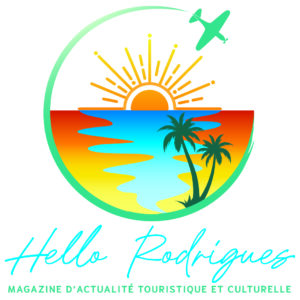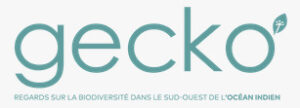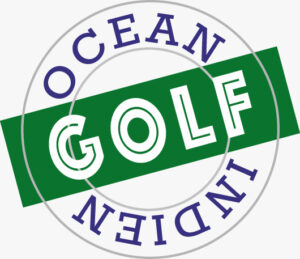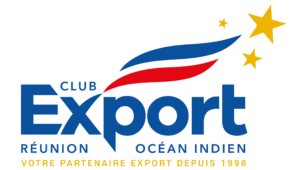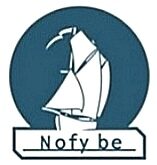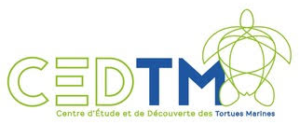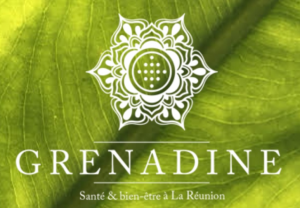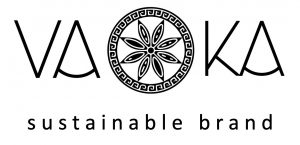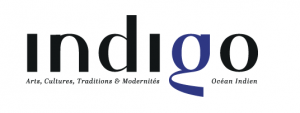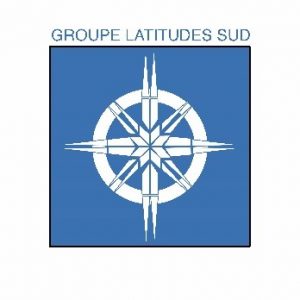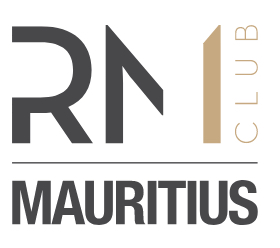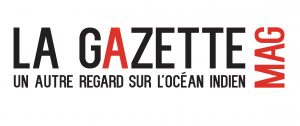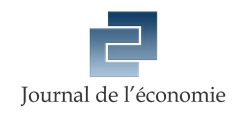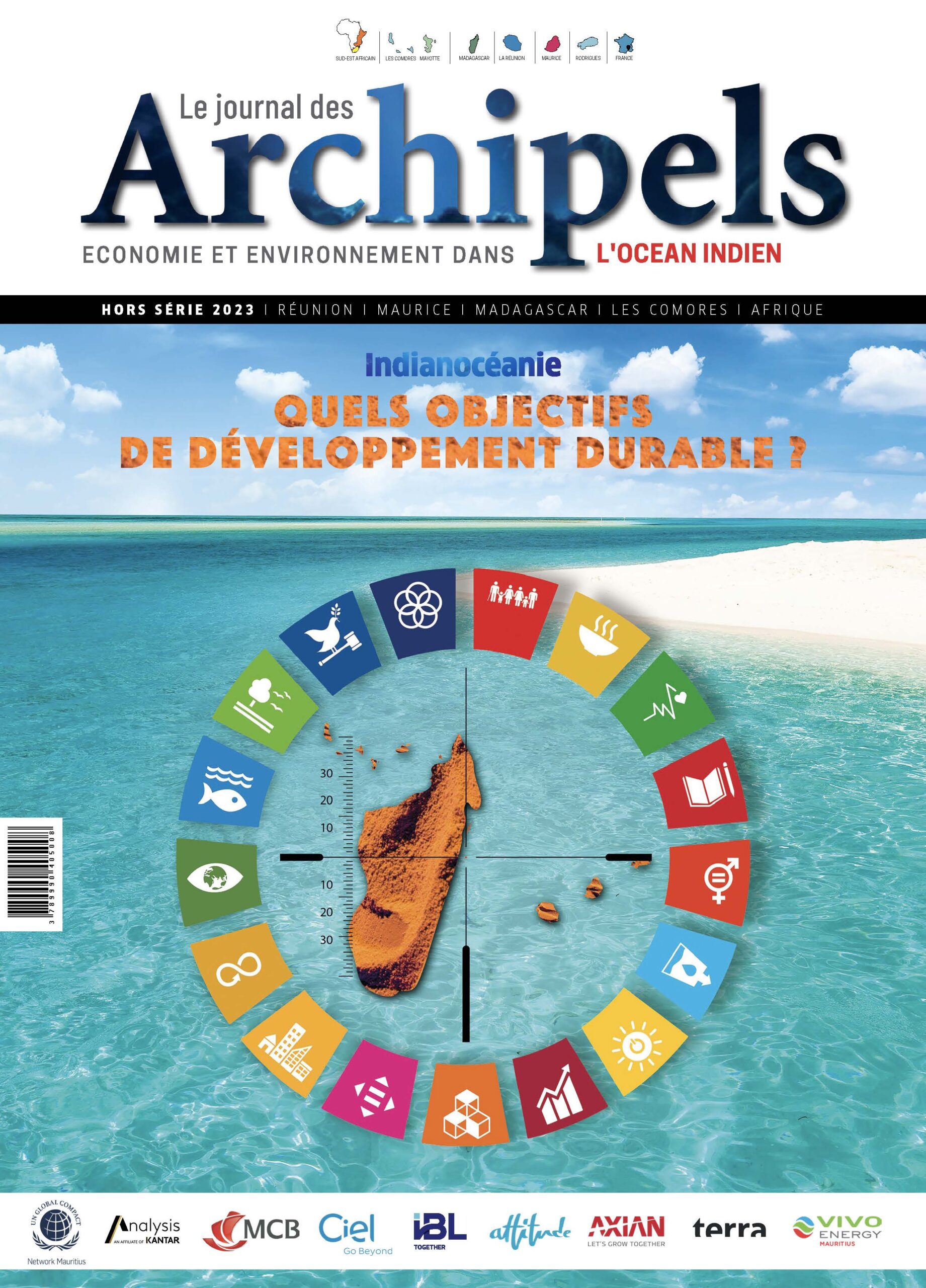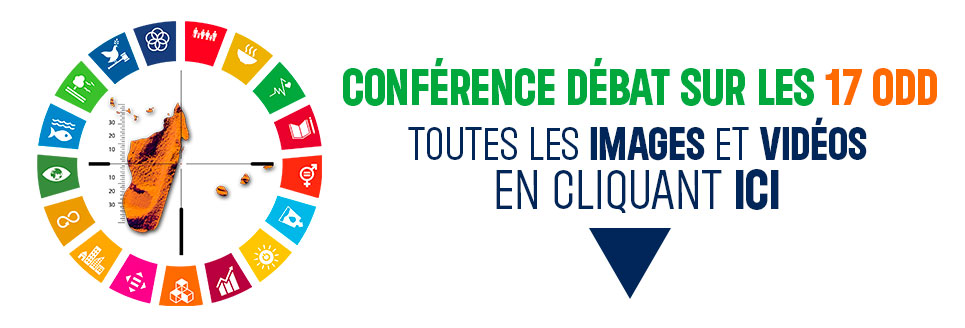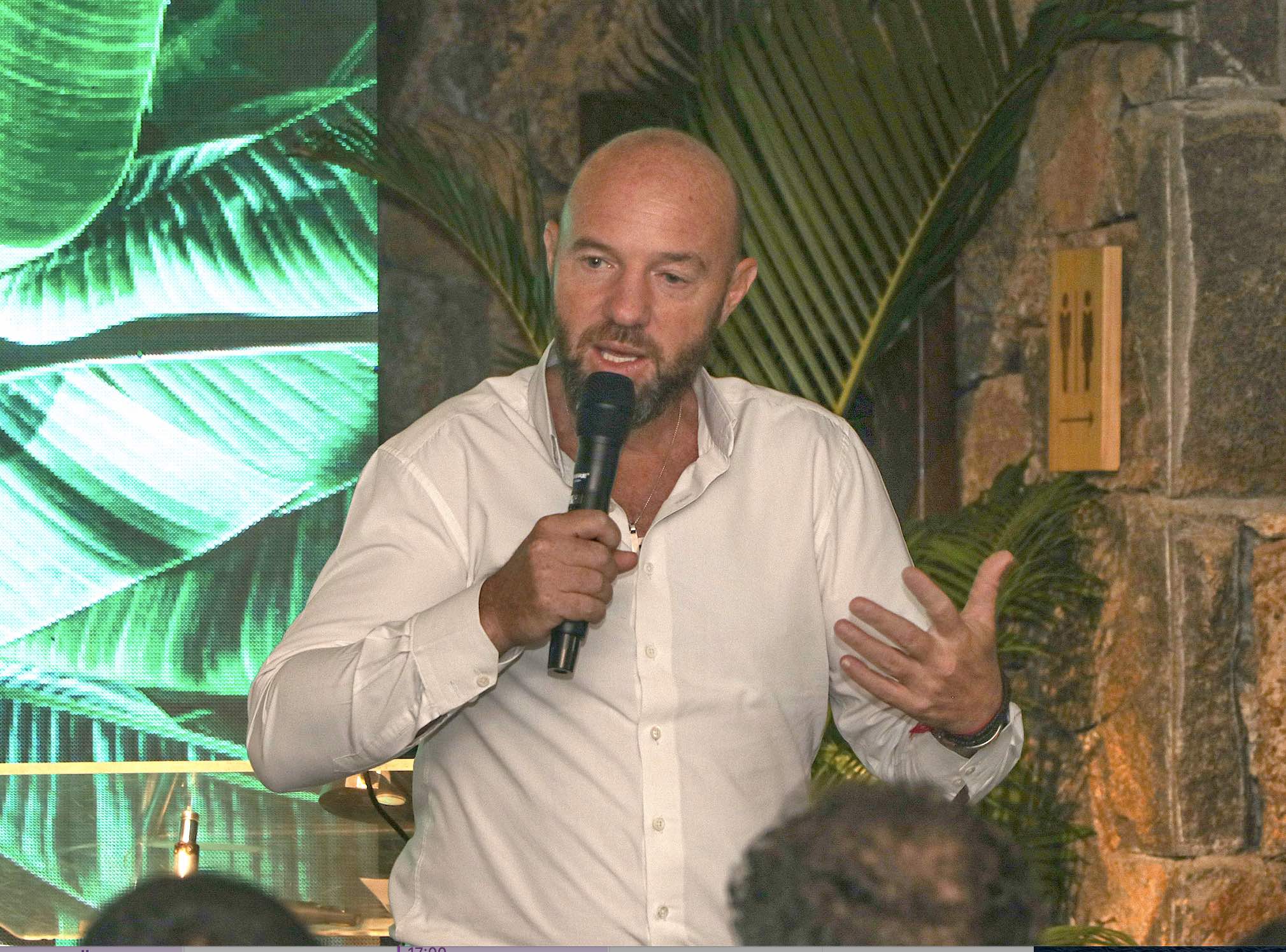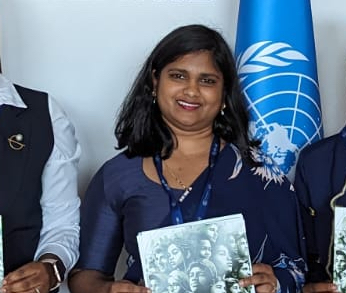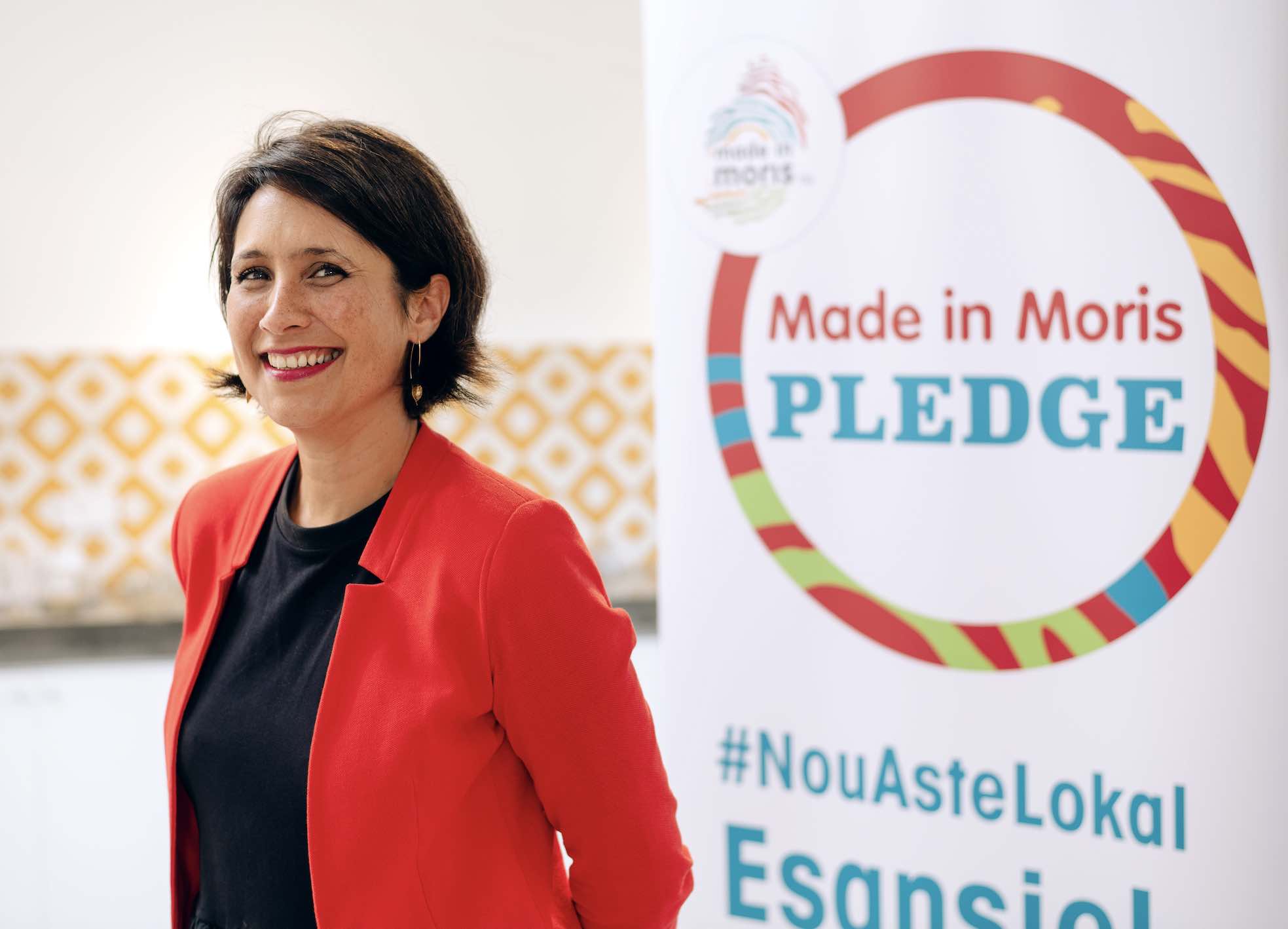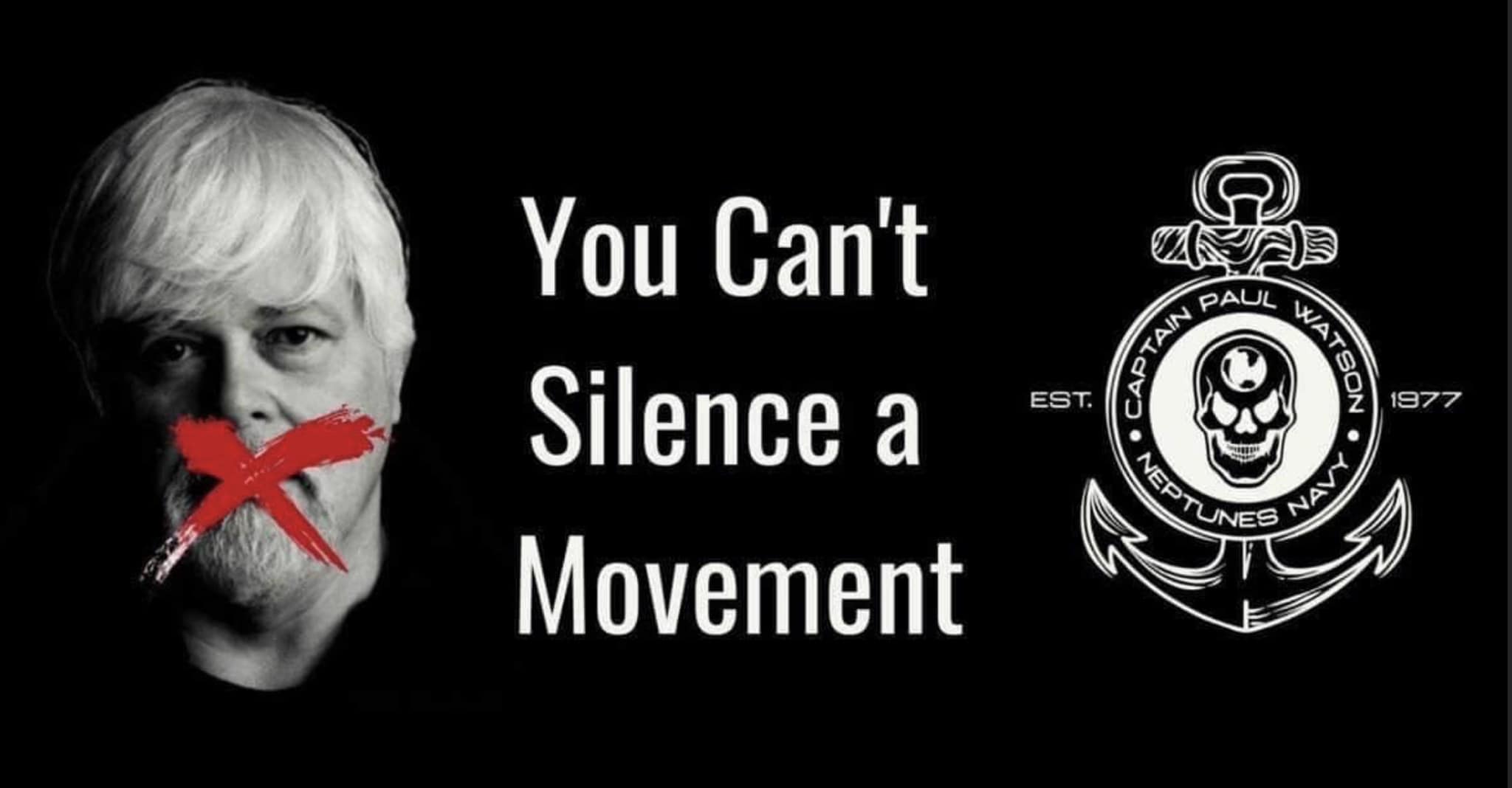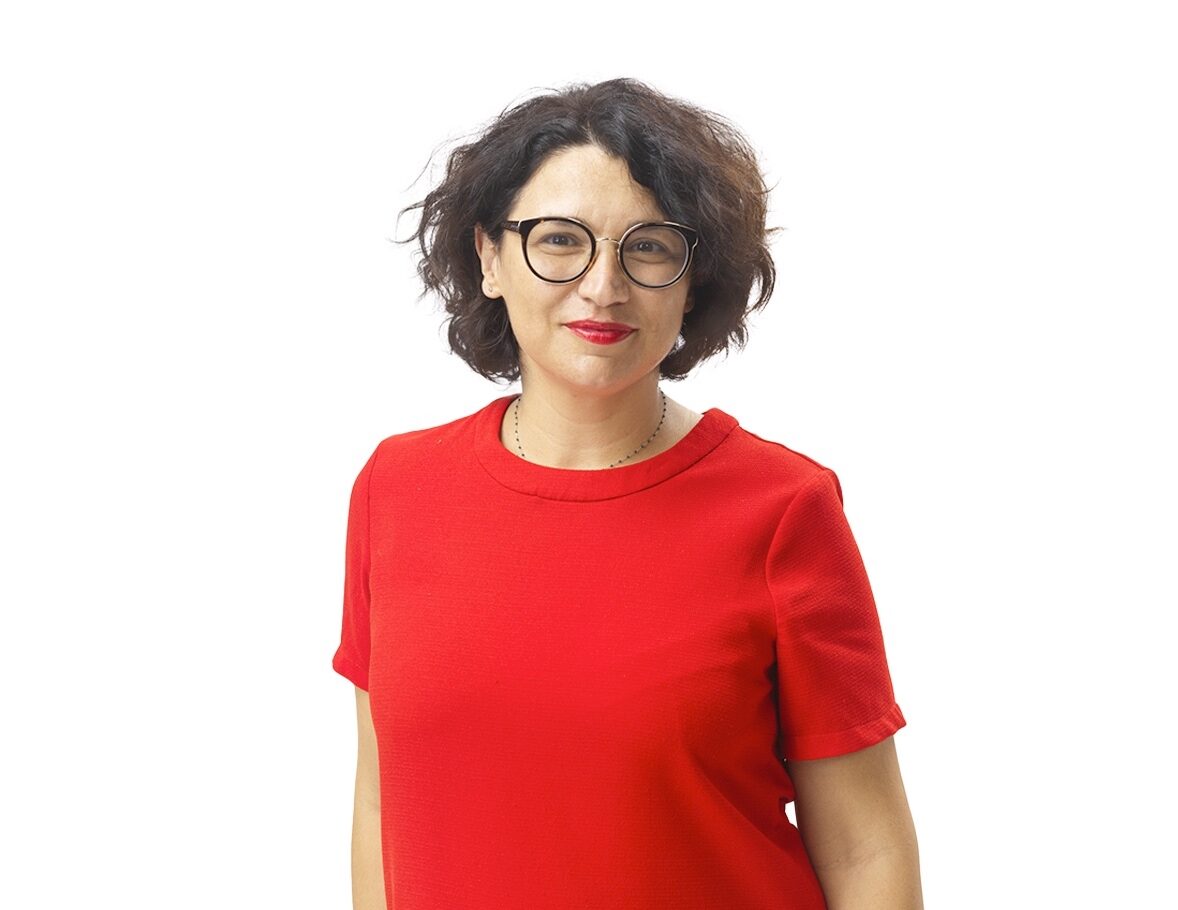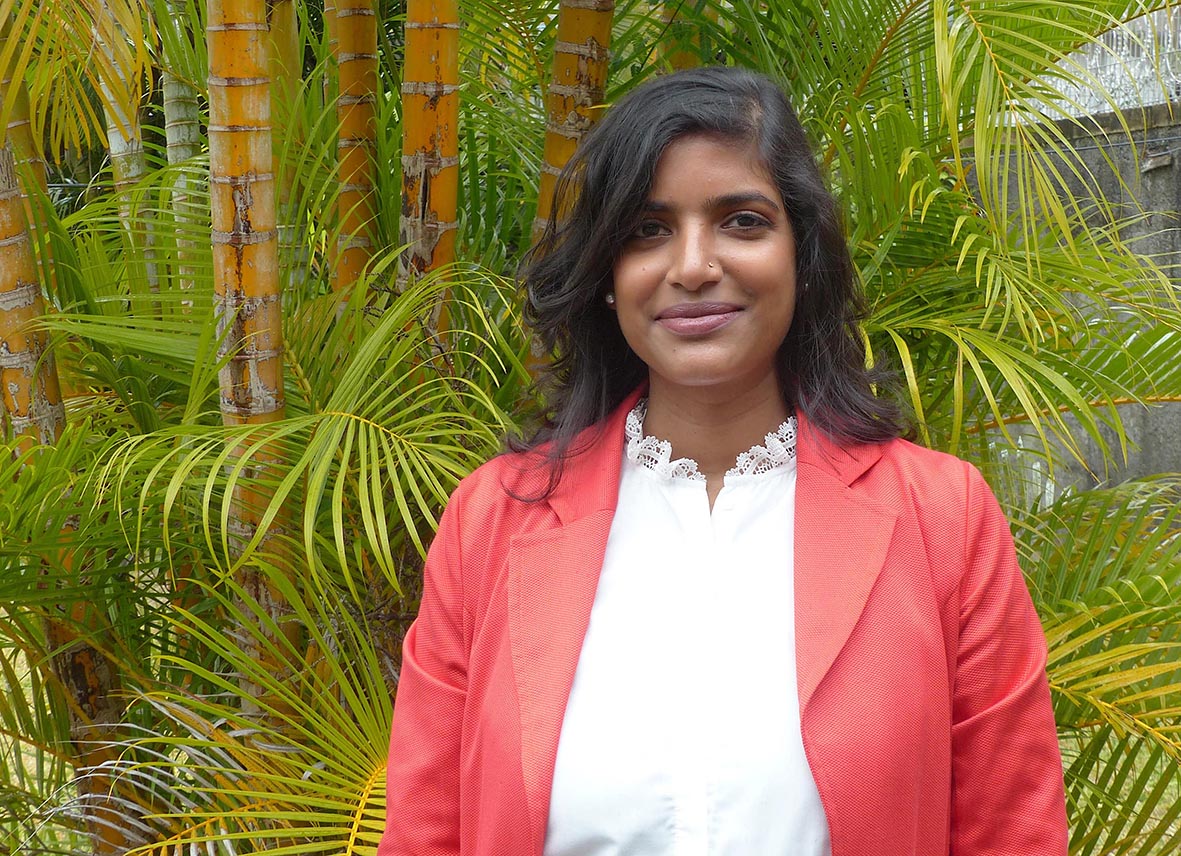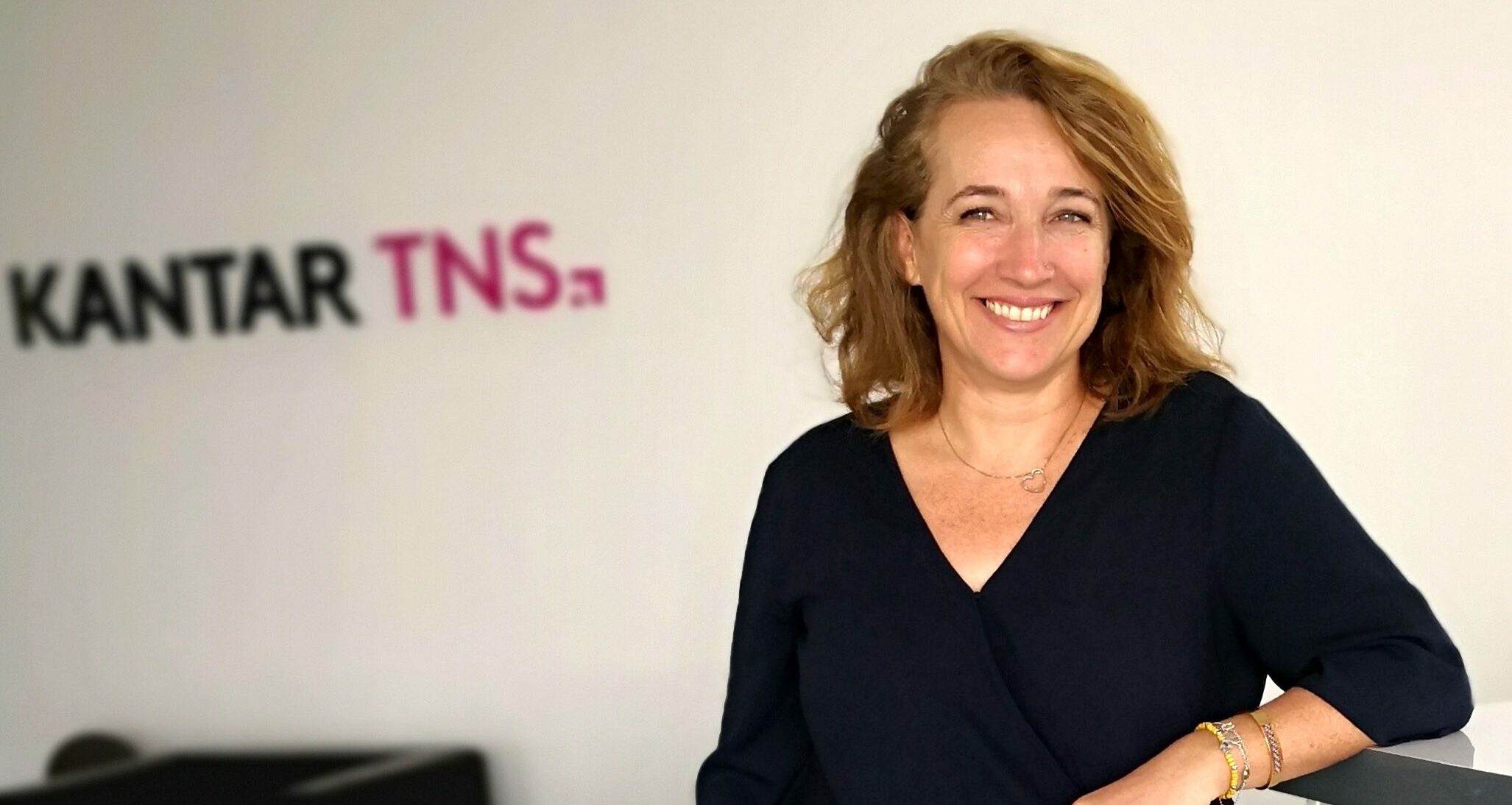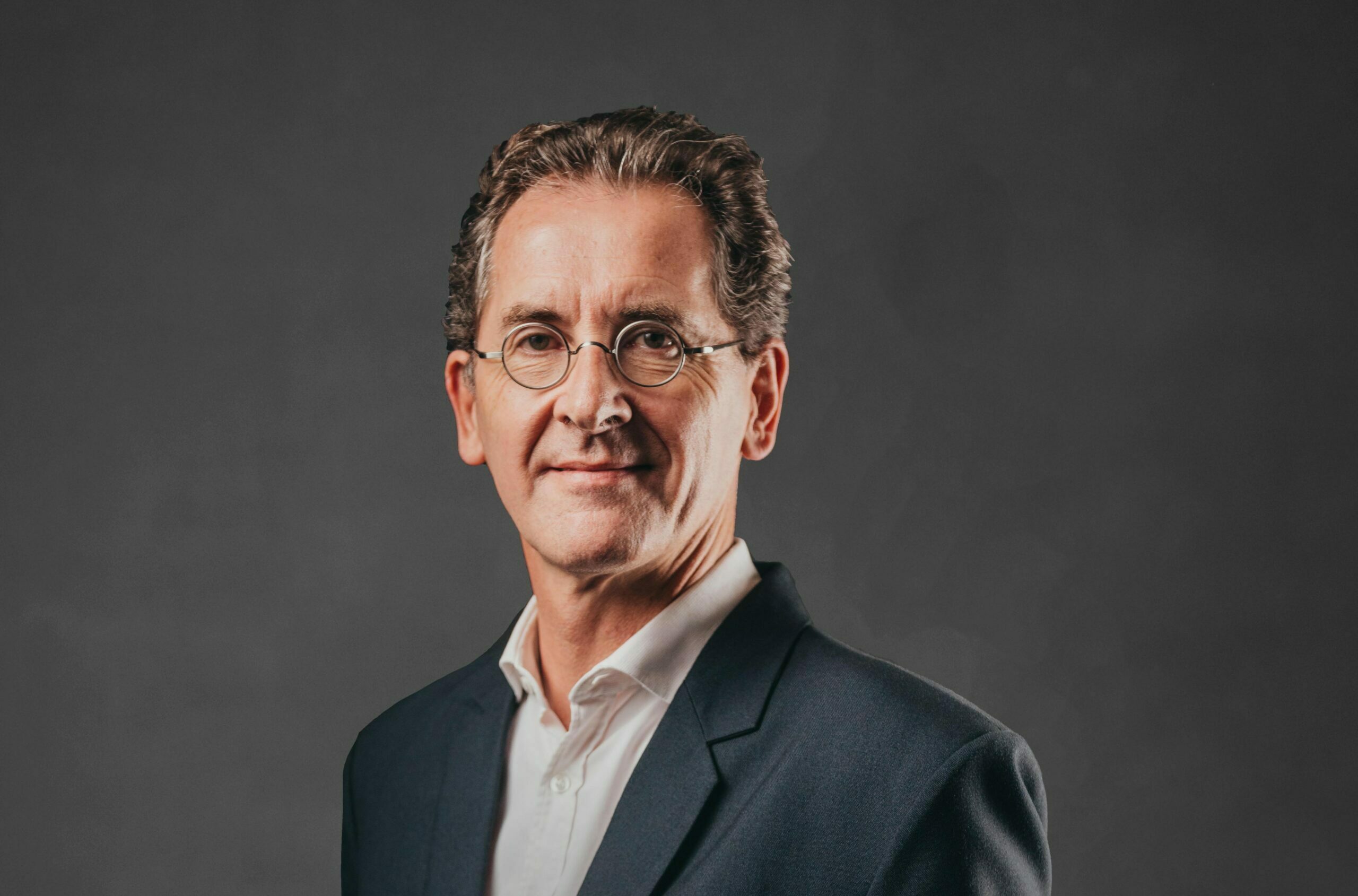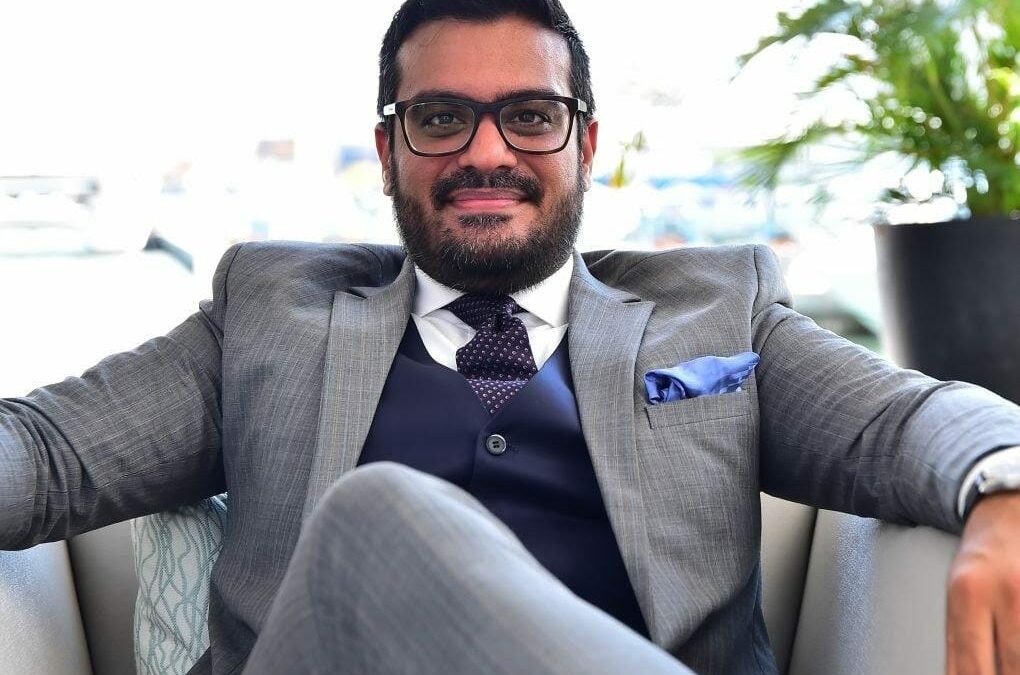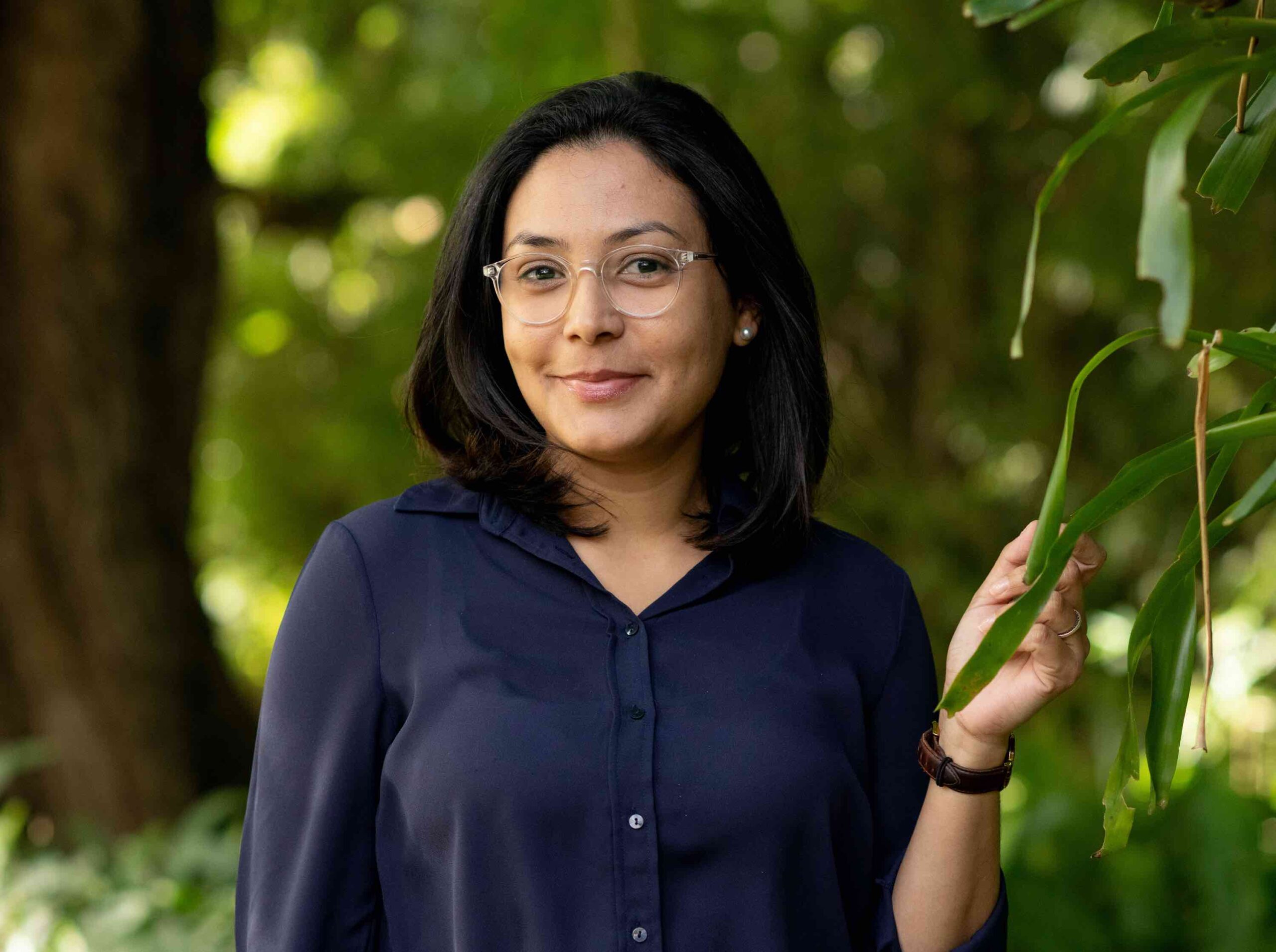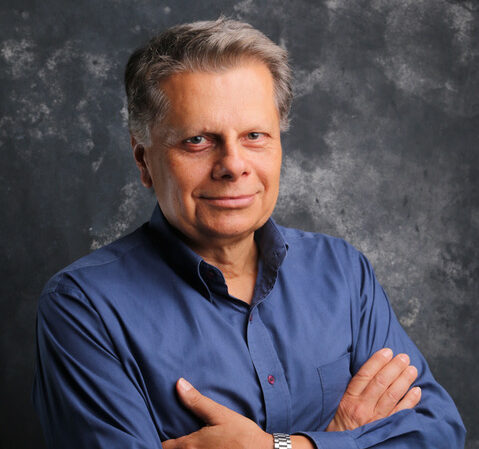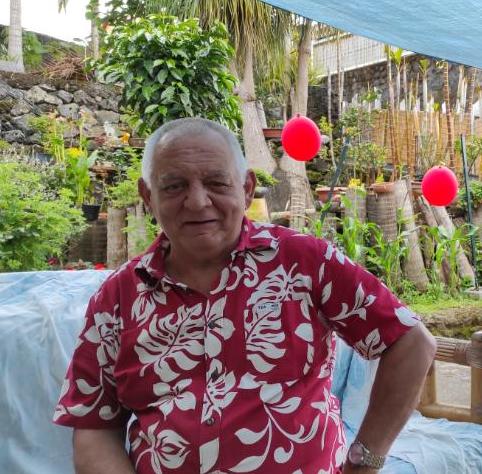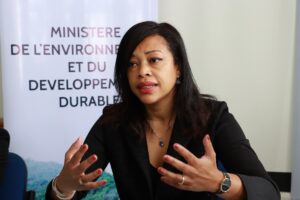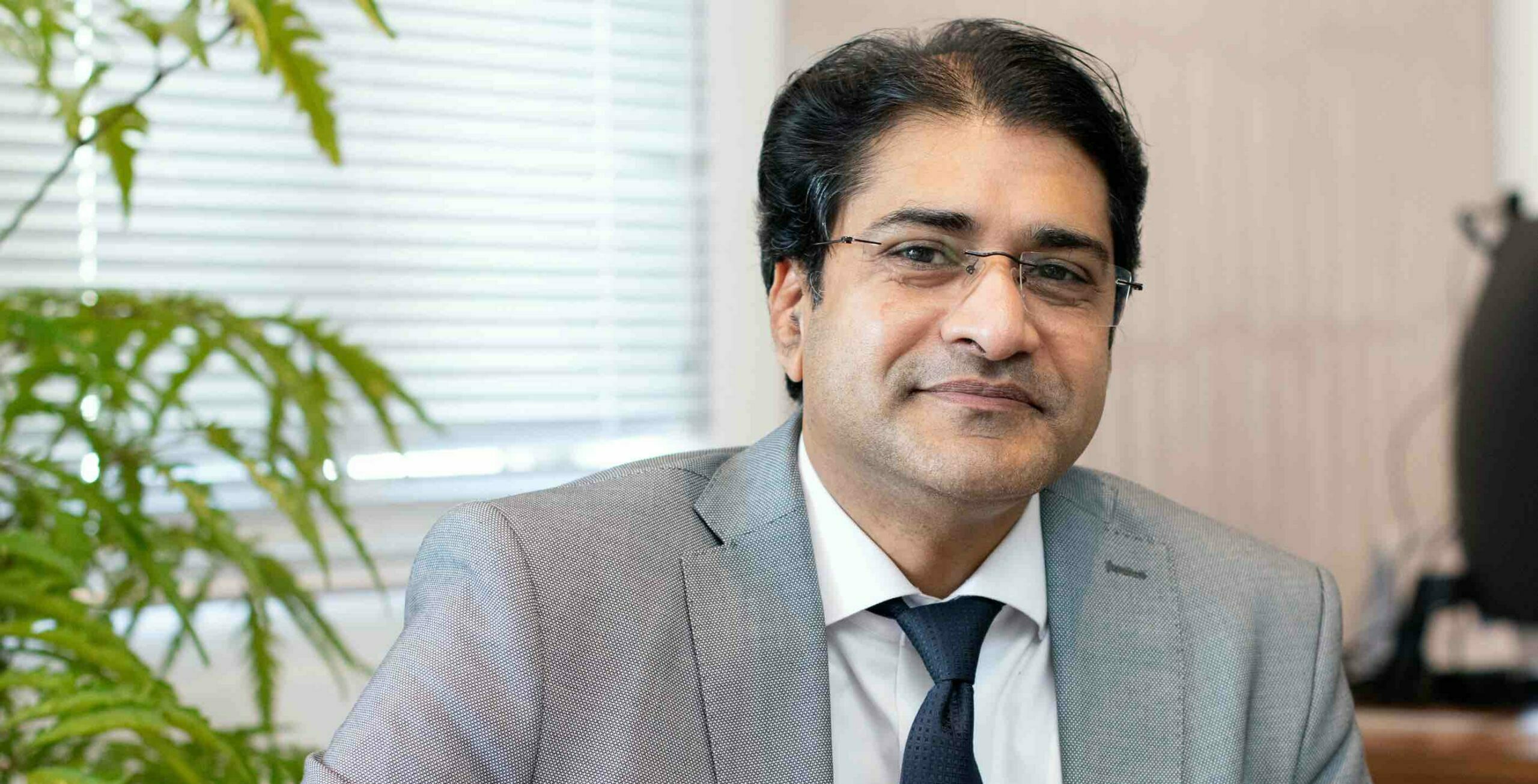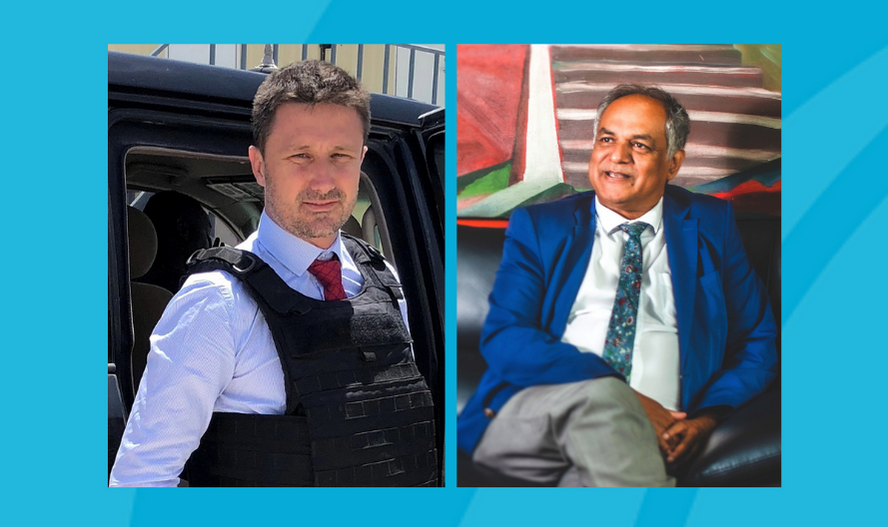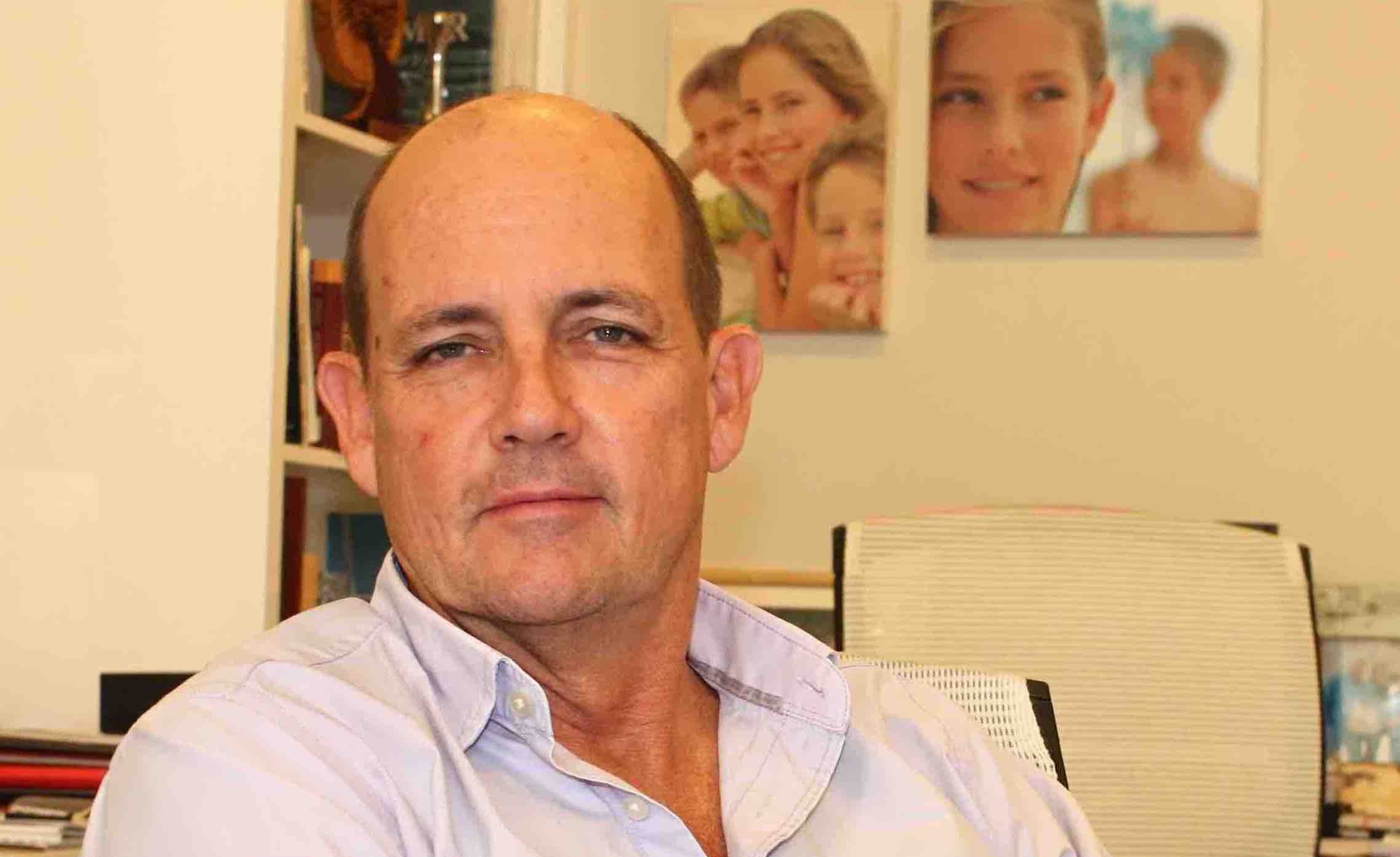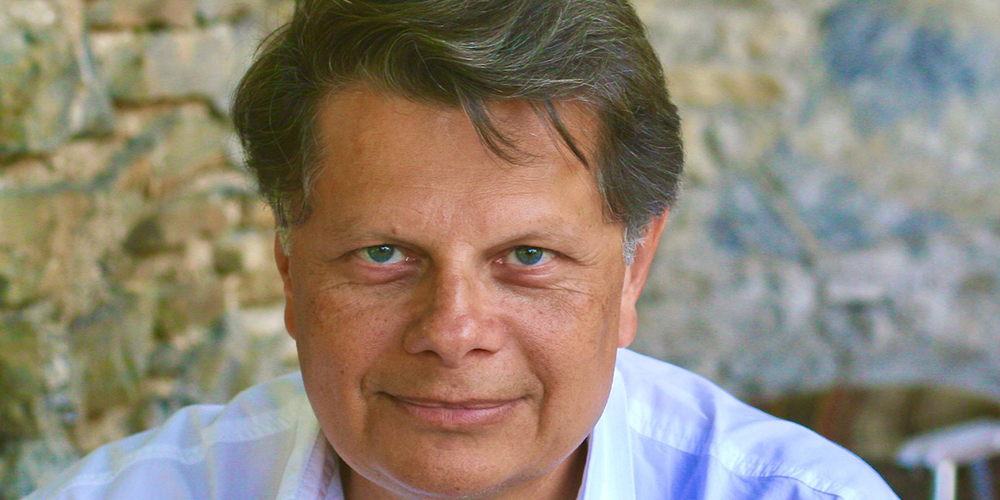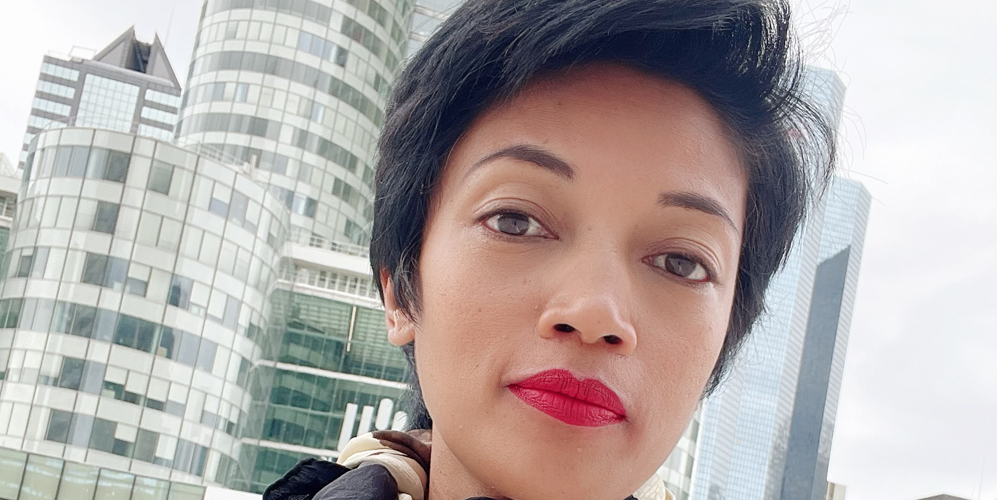Mascareignes
Réunion - Mauritius - RodriguesThe Medine Group invests in the new western crossroads
The Medine group has announced a massive investment of 2.6 billion rupees (51 million euros) in...
-

Absa takes over part of HSBC Bank
Jul 18, 2024 | Mauritius
-

-

International leaders in sustainable tourism meet
Jun 26, 2024 | Mauritius
-

-

-

-
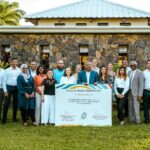
The Made in Moris label welcomes 13 new members
Mar 25, 2024 | Mauritius
-
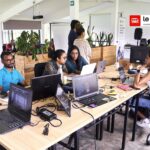
-

-

-

-

-
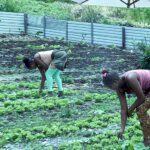
-

MADAGASCAR
And its islandsEdgard Razafindravahy, new Secretary General of the IOC
Jul 16, 2024 | GeoPol, Madagascar
The Council of Ministers of the Indian Ocean Commission (IOC) met by videoconference on 15 July...
-

-
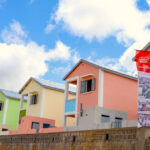
-
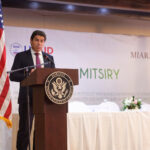
-

-

-
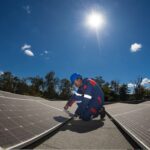
Axian Energy buys Gigawatt Global Rwanda
Jan 12, 2024 | Madagascar, Tech
-

Vatel and Cetamada partners
Jan 12, 2024 | Blue, Madagascar
-
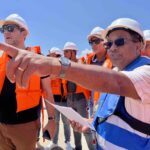
Club Export Réunion visits Tamatave port extension
Oct 11, 2023 | Blue, Madagascar
-
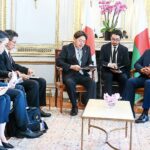
Strengthening Japanese cooperation in Madagascar
Jun 29, 2023 | GeoPol, Madagascar
-

Mauritian company Cybernaptics sets up in Madagascar
Jun 29, 2023 | Madagascar, Tech
-
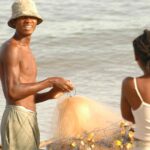
World Bank proposes emergency reforms for Madagascar
May 9, 2023 | GeoPol, Madagascar
-

Madagascar Airlines obtains its Air Operator’s Certificate
Apr 27, 2023 | Madagascar, Tech
-
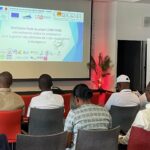
-
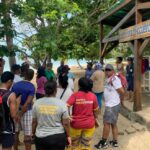
Varuna: a program for the protection of protected areas
Apr 27, 2023 | Green, Madagascar
THE CHANNEL
Mozambican channel and east Africa18th edition of the Journal des Archipels
Jul 18, 2024 | Fun, Mozambican channel
JDA 18 is currently being distributed in Mauritius, Réunion, Madagascar, Mayotte, etc. Contents of...
-

-

-
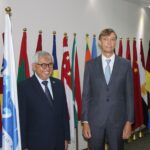
The EU as an IORA dialogue partner
Feb 29, 2024 | GeoPol, Mozambican channel
-

Emirates in Comoros and Madagascar?
Feb 29, 2024 | GeoPol, Mozambican channel
-

Analysis Kantar plans Africa Life Summit 2024
Feb 29, 2024 | GeoPol, Mozambican channel
-
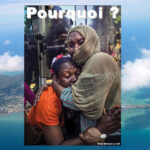
-
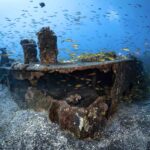
-

-
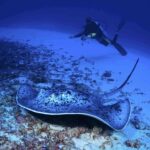
-
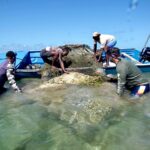
-
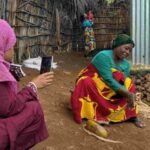
-
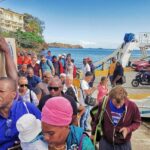
-

BAD finances digital platform for African fintechs
Jun 29, 2023 | Mozambican channel, Tech
-
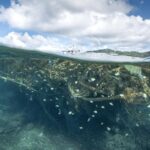
Our Partners
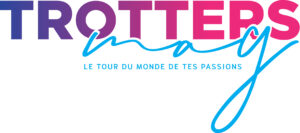
Trotters Mags
Why the Journal des Archipels, this new business magazine for the Indian Ocean?
And why archipelagos when it is more common to talk about "islands in the Indian Ocean"?
However, by passing a magnifying glass on the regional map, hundreds of islands appear in this Indian Ocean as defined by the Indian Ocean Commission.
Archipelagos which, from the islands of Pemba to the islands of Rodrigues, passing through the Comorian archipelago or the Nosy Mitsio, are supposed to gather populations with a common past but with very different presents.
According to the anthropologist Paul Ottino, these peoples, whose origins are "as diverse as all the coasts bordering the Great Indian Ocean", know little about each other.
Despite a common maritime history and intense trade that lasted nearly three centuries before dying out in the mid-twentieth century, the peoples of our islands in the southwestern Indian Ocean no longer know each other.
However, if the value and volume of inter-island trade continues to deteriorate (remaining below 3% of global trade), more and more frequent cultural, sporting or recreational initiatives prove that there is a real need to meet and rediscover these cousins who are so close and so little known.
The emergence of a unifying media, advocating regional identity and promoted by a new interactivity, has its place today.
Ecology and sustainable development, respect for the environment and social development, circular economy? So many trendy expressions that often generate more green washing than real actions linked to the circular economy.
However, in the region, economies of scale linked to the pooling of infrastructures, waste stocks and production of raw materials, as well as the transfer of know-how and the development of processes based on the collective intelligence of the populations, are today the keys to an Indianoceania that will tomorrow be made up of islands that are both interdependent with each other and at the same time autonomous with regard to the major traditional trade flows.
(In short, the opposite of the current situation).
Positioning: Circular economy - Sustainable development - Regional geopolitics
Coverage area: Mauritius - Reunion Island - Madagascar - Le Canal (Comoros archipelago - scattered islands - Seychelles - East Africa).
Organization: Benefiting from a large network of correspondents throughout the Western Indian Ocean, the birth of the Journal des Archipels is the logical continuation of many years of investigative journalism in the business press.
Editorial line: against the current of ecological correctness that does so much harm today by advocating solutions that are sometimes counterproductive, our teams will have to remain in the analysis of journalistic facts, scientific realities and in the debate of ideas in order to bring about a new current of exchanges between the entrepreneurs of our region.
It is from their encounters that innovative solutions can emerge for an economy that is both more resilient and more respectful of our fragile ecosystem.





